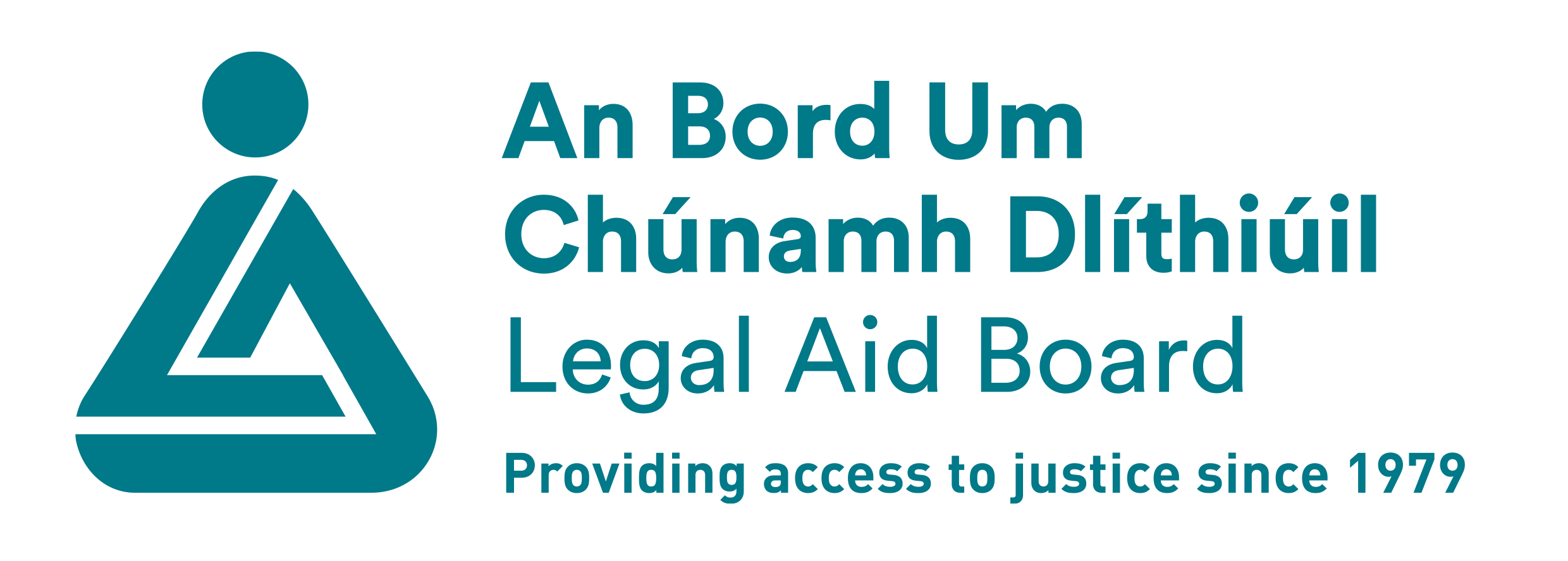The 2015 Act provides for a system whereby all existing adult wards will be discharged from wardship. This will be done by the Court that took them into wardship, which in most cases will be the High Court. All adult wards must be discharged from wardship in the three year period beginning on the 26th April 2023 and ending on the 26th April 2026.
The application for discharge can be made by the ward themselves, or by their Committee, or by certain other persons, with the leave of the court. If no application is made for discharge by any of these parties, then the Court may review the ward’s case and make the discharge order on its own motion.
